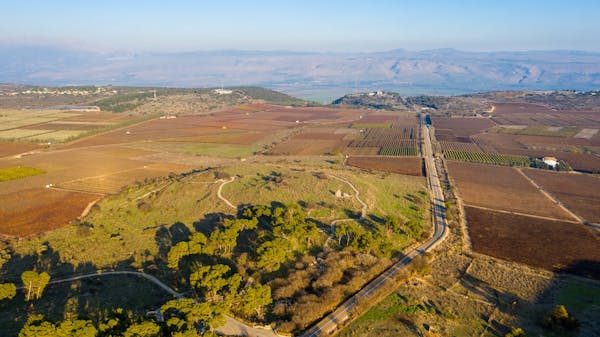The book of Judges is one long, repetitive cycle of rebellion and loss. The book opens after the death of Joshua, the last of the two fearless warriors who completed the journey from Egypt to Canaan. The last of that first generation of adults who endured the horrors of slavery, the perils of a wilderness sojourn, and the triumphs of conquering foes that seemed invincible.
The prologue of the book of Judges, spanning roughly the first two chapters of the book gives us a sense of complacency in the aftermath of great triumph. It’s an old story, repeated over and over again through the march of time.
The first generation of pioneers sets out to conquer new frontiers. They pour blood, sweat, and tears into the endeavor, encountering giants, and obstacles that seem almost insurmountable. Yet in the face of great odds, they come away victorious and undefeated. They come away with the singular assurance of God’s love and His favor. They come away with the unyielding certainty that God’s power alone has brought them this far.
But then, basking in the glow of victory and the favor of God, they slacken. They get comfortable and complacent. They loosen their belts, unsheathe their swords, and generally engage in a kind of dreamlike victory celebration that seems to last far longer than anyone has anticipated.
Whilst in this joyful haze of unmitigated triumph they forget that they still have work to do. Their fathers have driven out the giants but not all of them. There are still a few giants left, admittedly some of the biggest and scariest they’ve encountered.
There is still much ground to be gained, new frontiers to the conqueror, new heights to scale but they forget all this. Instead, they focus on the ground they have already gained, the heights they have already scaled and they think, smacking their lips in lazy satisfaction that surely this is enough. Surely there is no need to go running off into the wilderness of battle once more to be beaten and battered against the thick plated armor of angry giants.
Surely they can rest now and let the giants sit pretty in their mountainous homes. And so Israel rests on the laurels of its victory prematurely. The job is half done and they are too drunk on their own elation to rouse themselves and finish it.
This triggers the events of the rest of the book. A wretched, sad cycle of apostasy, oppression, repentance, and deliverance only to sink to the very dregs of apostasy again.

